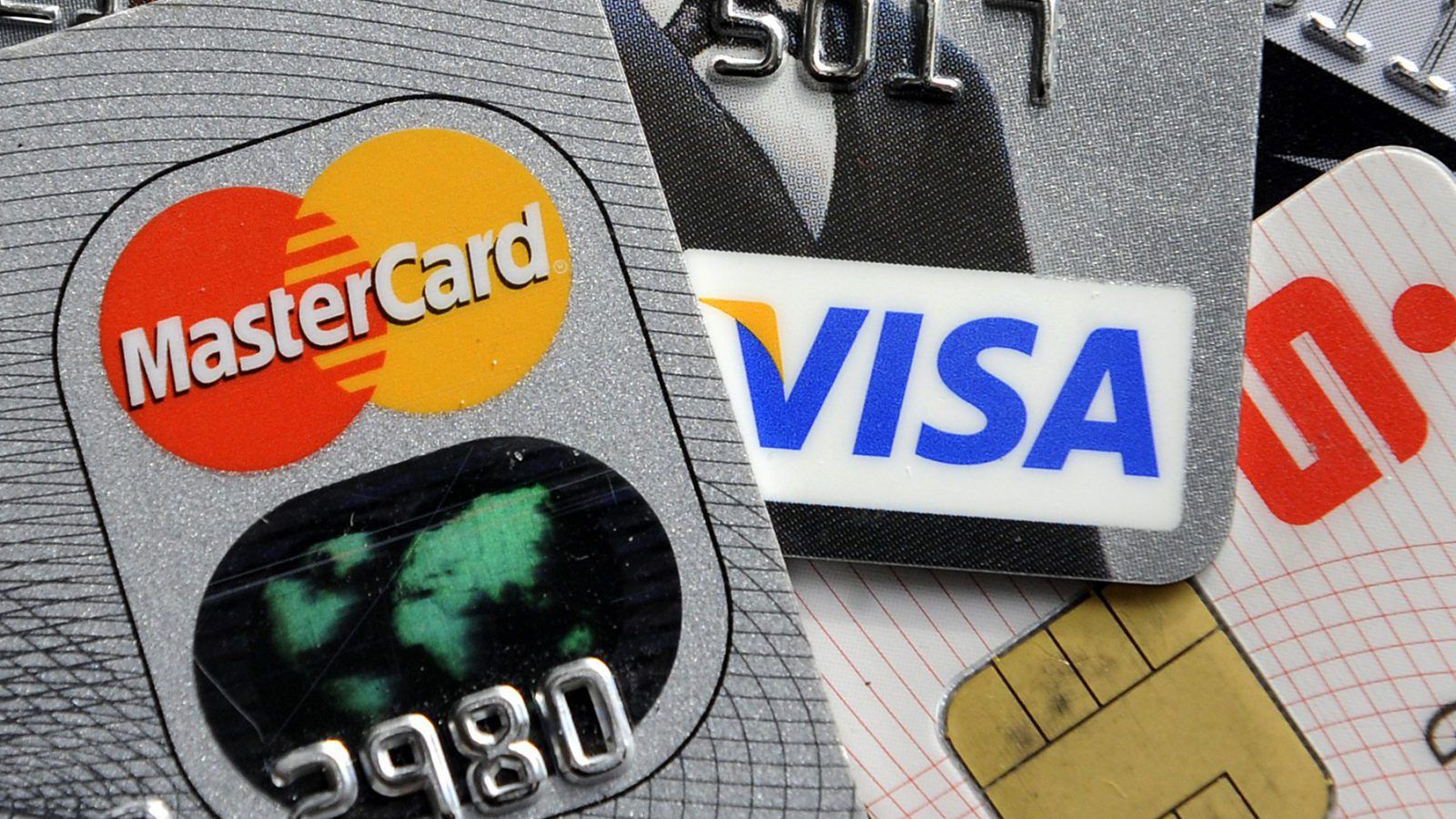The simplest way to improve your credit score is by using your email
Sometimes, all you need is a little reminder. Researchers recently found borrowers who received quarterly emails about their credit scores were less likely to face late payments than their peers. In fact, when notified of their credit scores, borrowers tended to improve them.


Sometimes, all you need is a little reminder. Researchers recently found borrowers who received quarterly emails about their credit scores were less likely to face late payments than their peers. In fact, when notified of their credit scores, borrowers tended to improve them.
Through an experiment involving 400,000 student-loan borrowers from SLM Corp—called Sallie Mae—economists from Yale, NYU and the University of Chicago tested the effects of directly communicating, via email, the free availability of one’s FICO score. Created by the Fair Isaac Corporation, FICO scores are used by financial institutions to determine the creditworthiness of borrowers who apply for mortgages, car loans, and credit cards. Scores range from 300 to 850.
In the US, consumer debt is a runaway train. Americans paid $113 billion in credit card interest and late fees during 2018, and per the Federal Reserve, US household debt topped $13 trillion in the first quarter of 2019. Democratic presidential candidates like senators Elizabeth Warren and Bernie Sanders have advanced proposals to cancel student debt and rein in exorbitant credit card interest rates. While those ideas may one day gain traction, in the near term, emails to borrowers may prove to be simpler and less contentious.
In a working paper published this month by the National Bureau of Economic Research, the researchers found that an inexpensive nudge—an email—could reinforce positive financial behavior, augmenting FICO scores and reduce the number of borrowers with low credit scores. In their experiment, the treatment group received email notifications that said their updated FICOs scores were available for viewing. The control group did not receive email notifications but could access their FICO scores for free on the Sallie Mae website on their own.
Among email recipients, 16.8% had “an account that was 30 days or more past due,” compared to 17.5% for the control group. On average, the intervention also helped recipients increase their FICO scores by 0.7 points. While a modest difference, the researchers note that the results are significant given how few borrowers opened their emails. On average, FICO scores improved by 1.4 points for those who opened an email notification, and by 8.2 points for those who took the further step of actually checking their FICO score.
Additionally, in treatment sub-groups, the email’s language was varied to examine whether providing information about credit scores and peer behavior influenced borrowers even more. However, the more informative emails did not result in significantly different outcomes from the baseline text.
In an era of smartphones and machine learning, email probably seems like a quaint way to keep tabs on your creditworthiness. But the infrequent reminders have proven effective—and long-lasting. Indeed, even when the researchers discontinued emails for a treatment sub-group after nine months, the benefit of the reminder persisted.